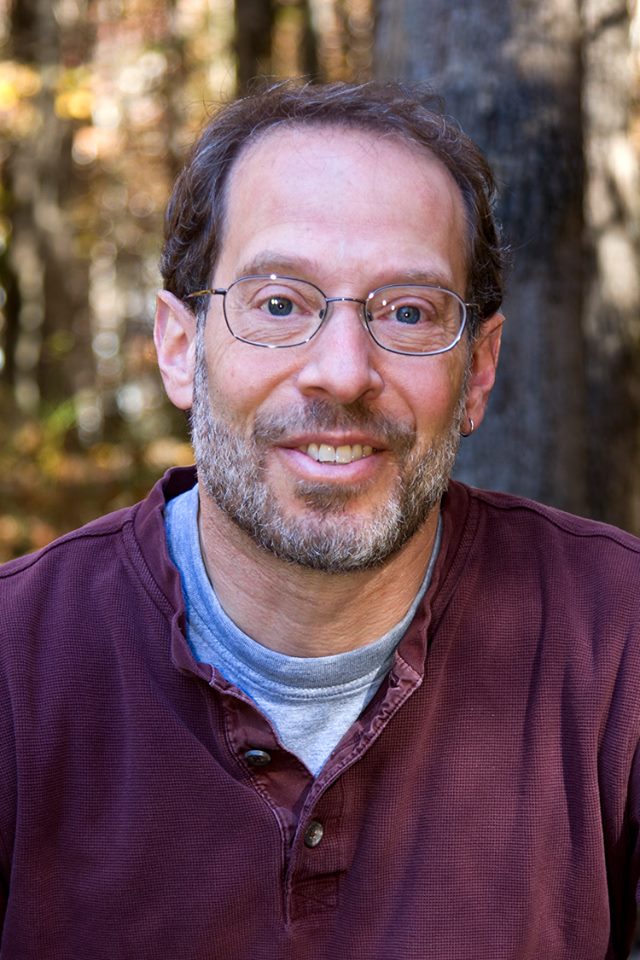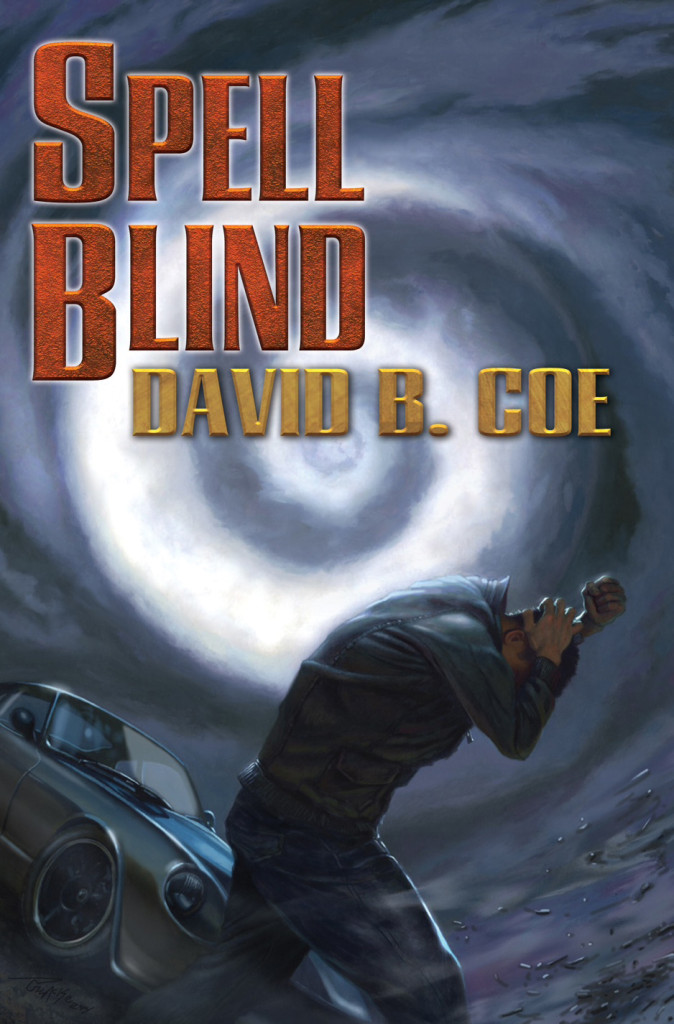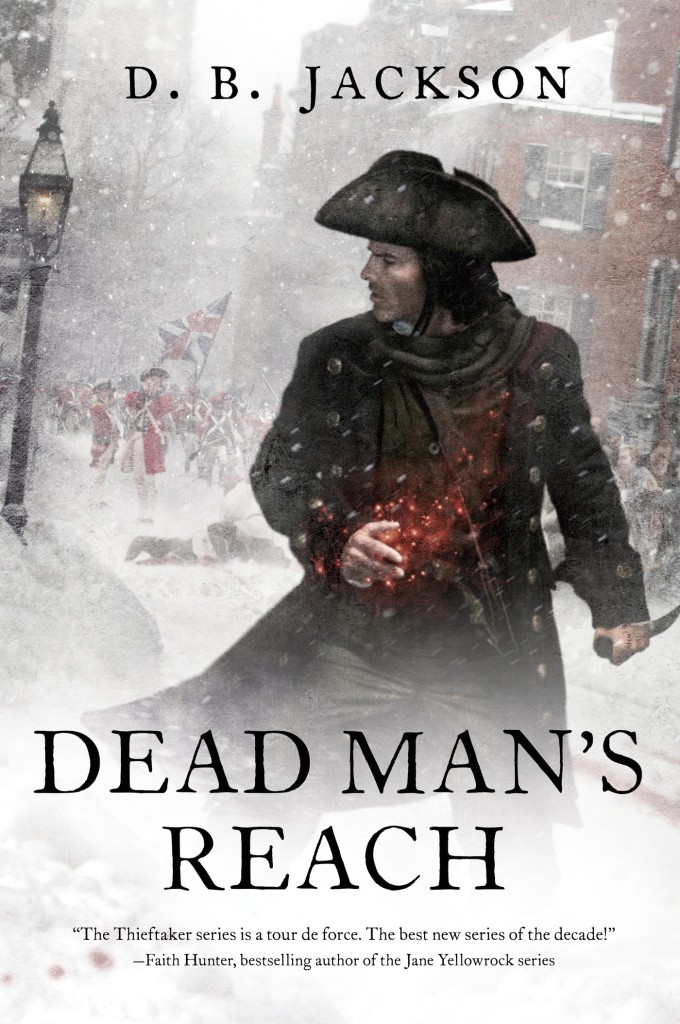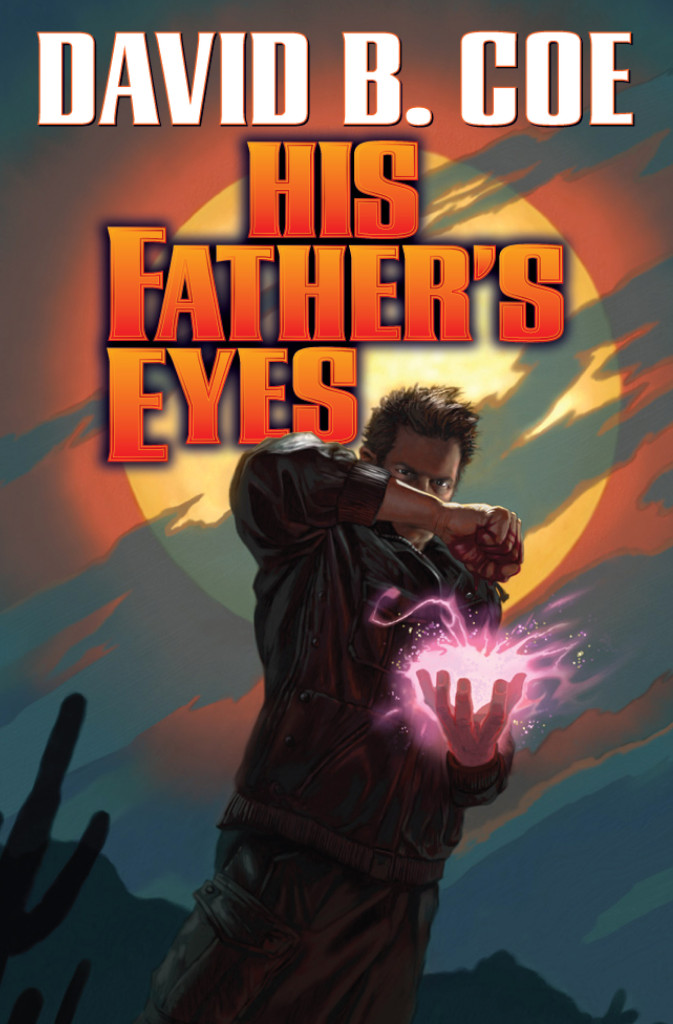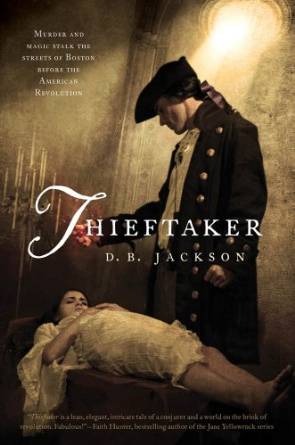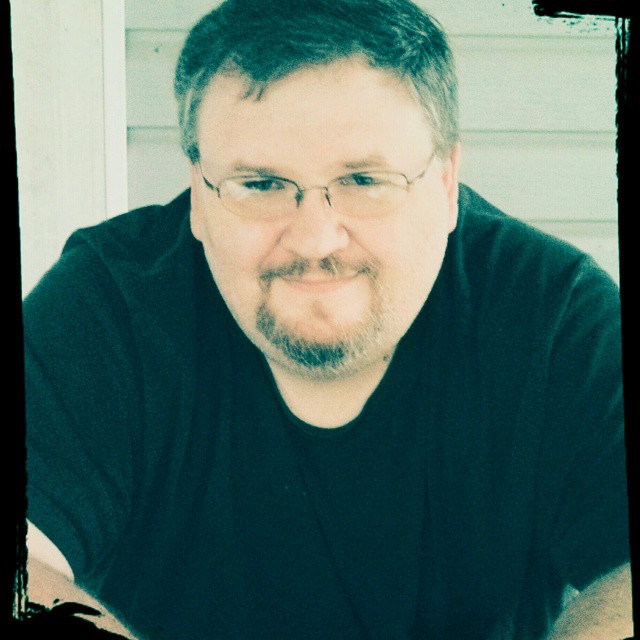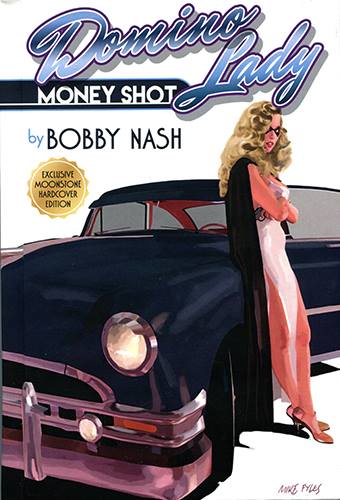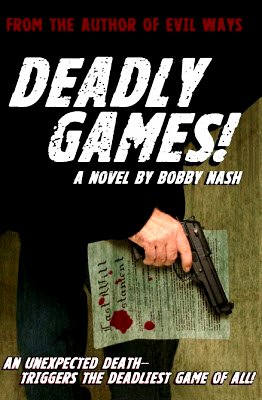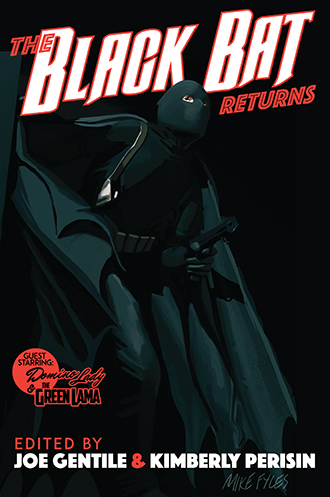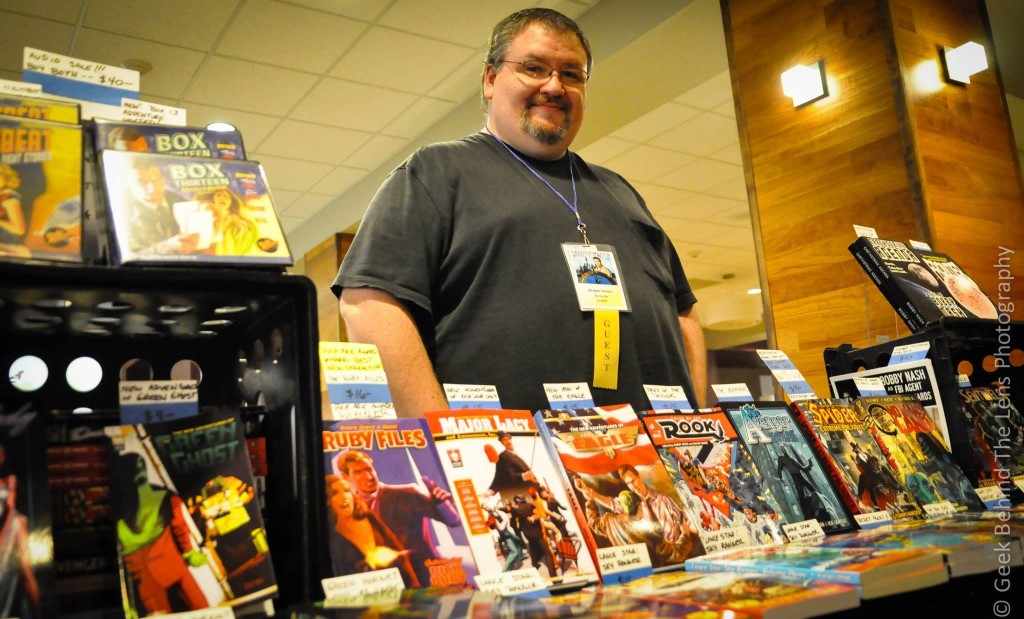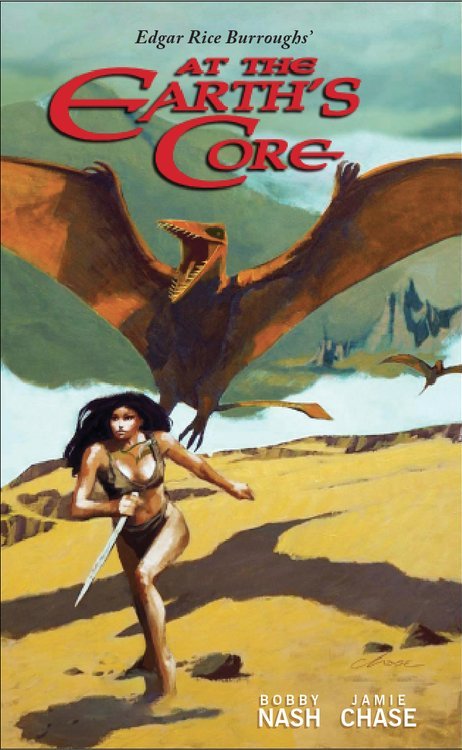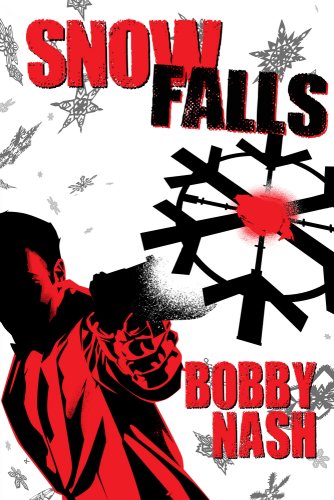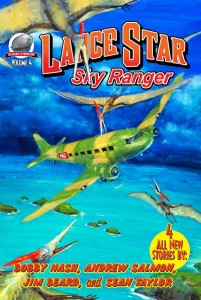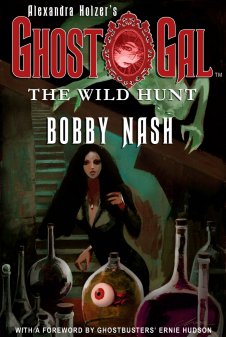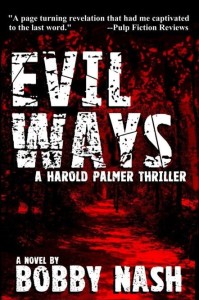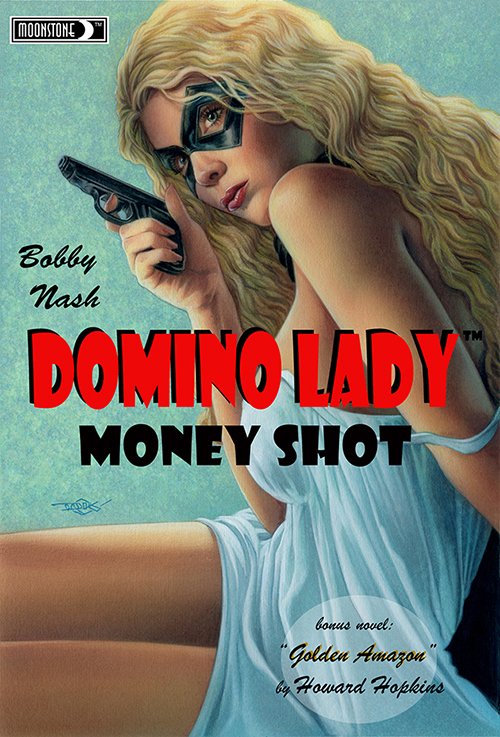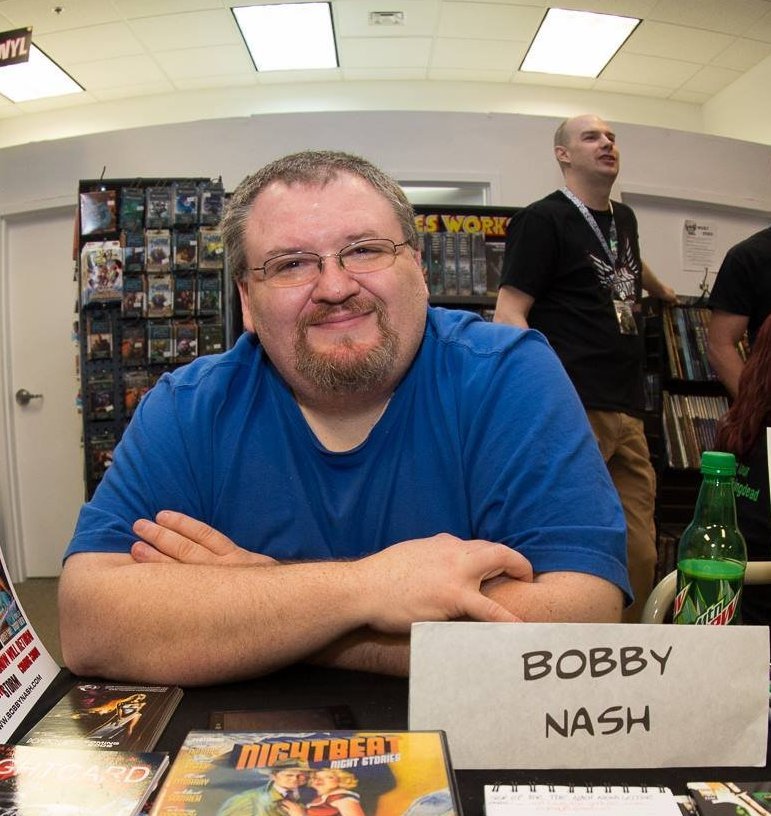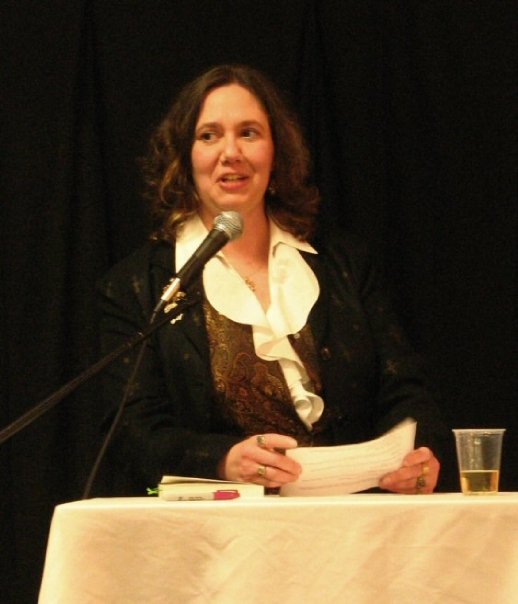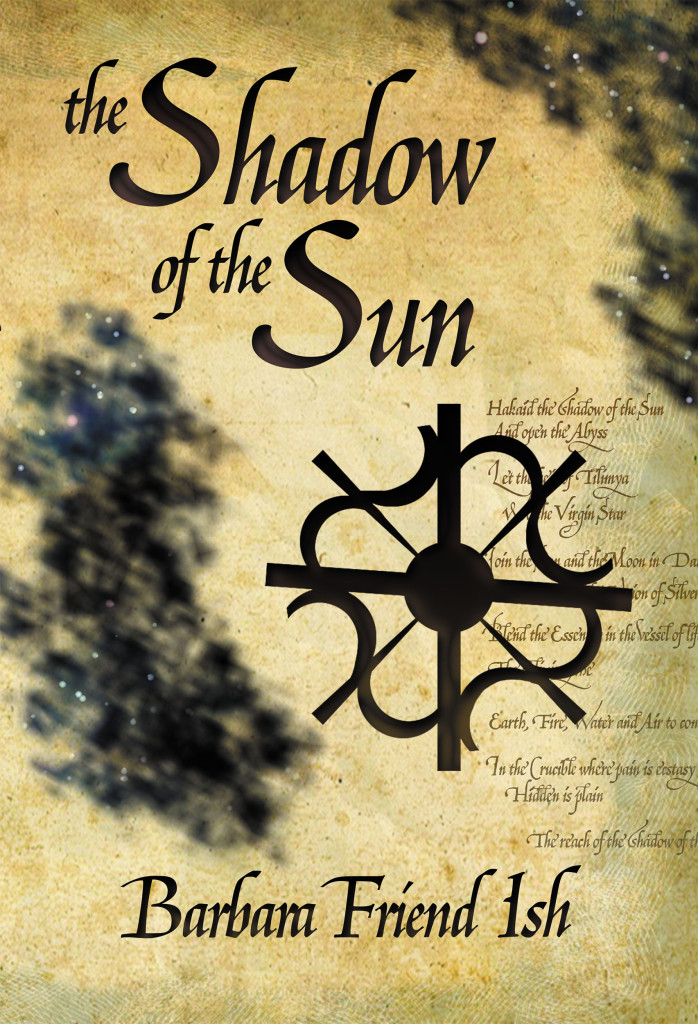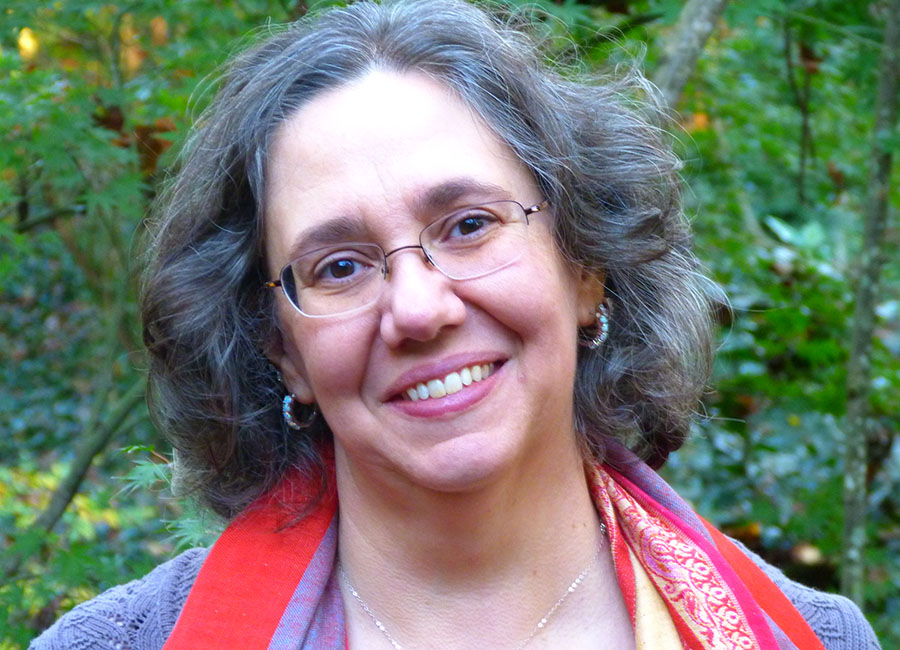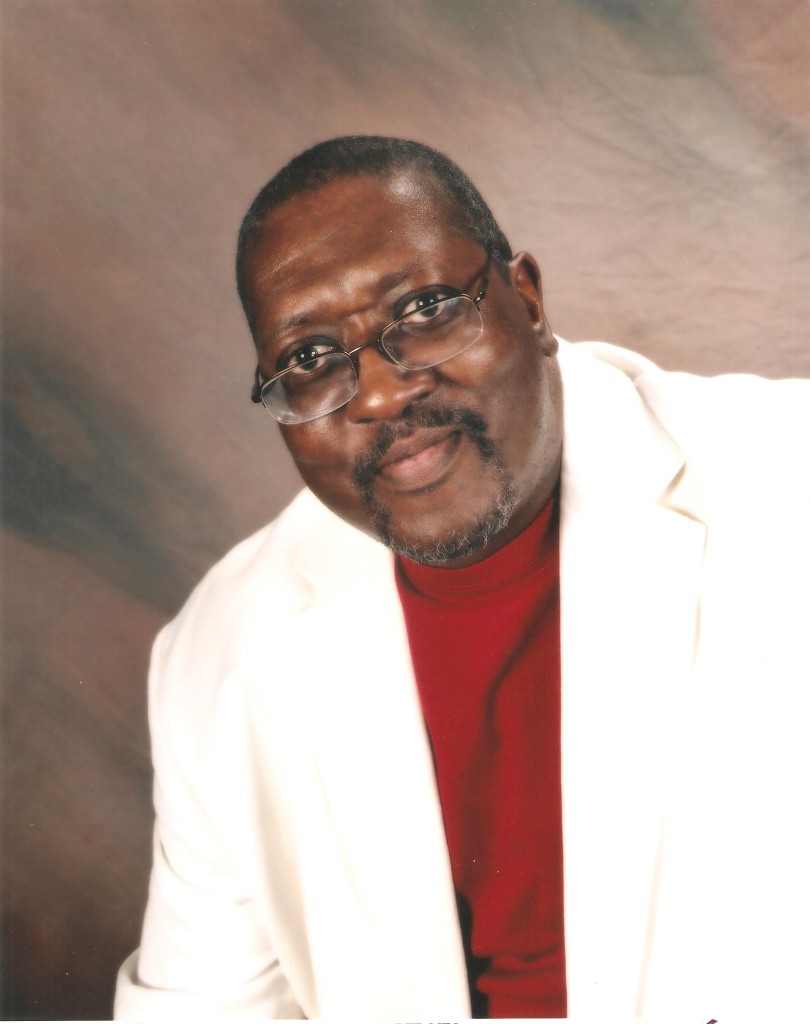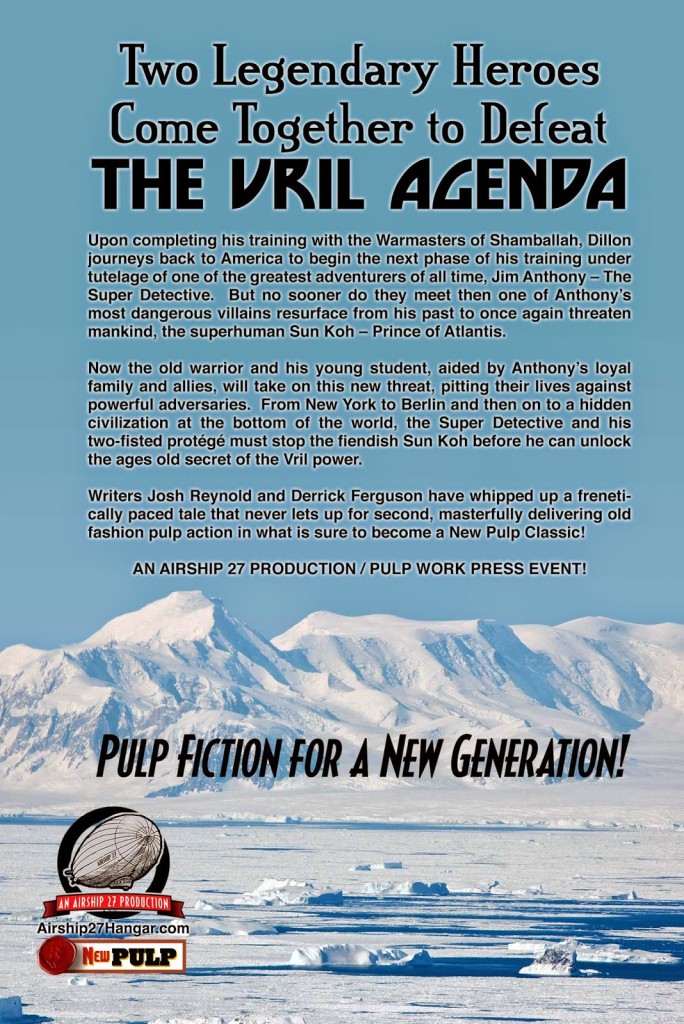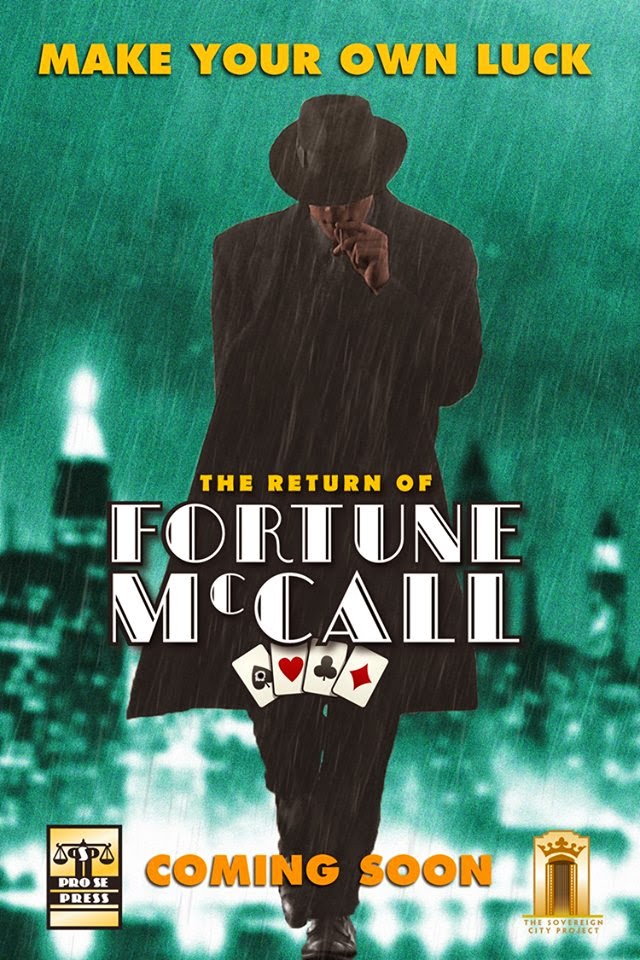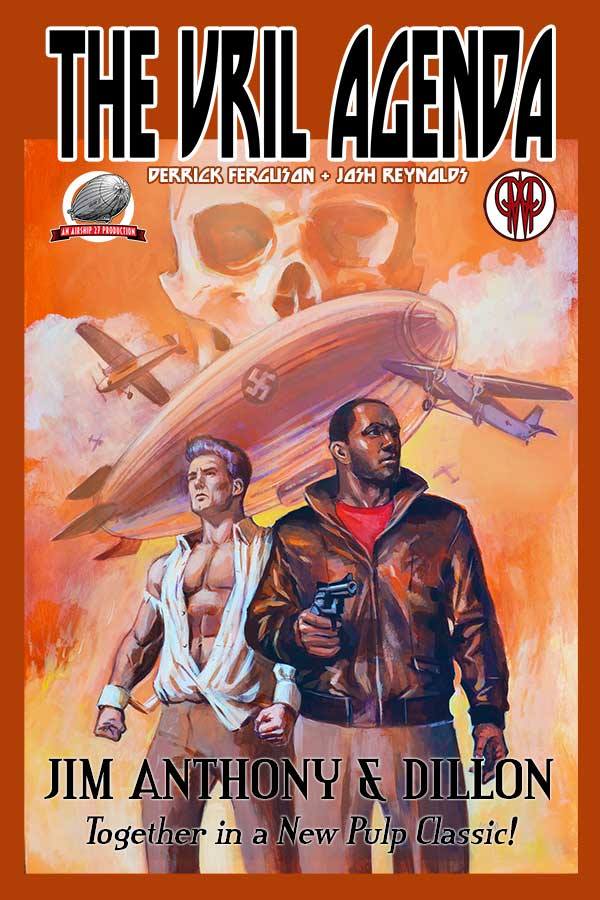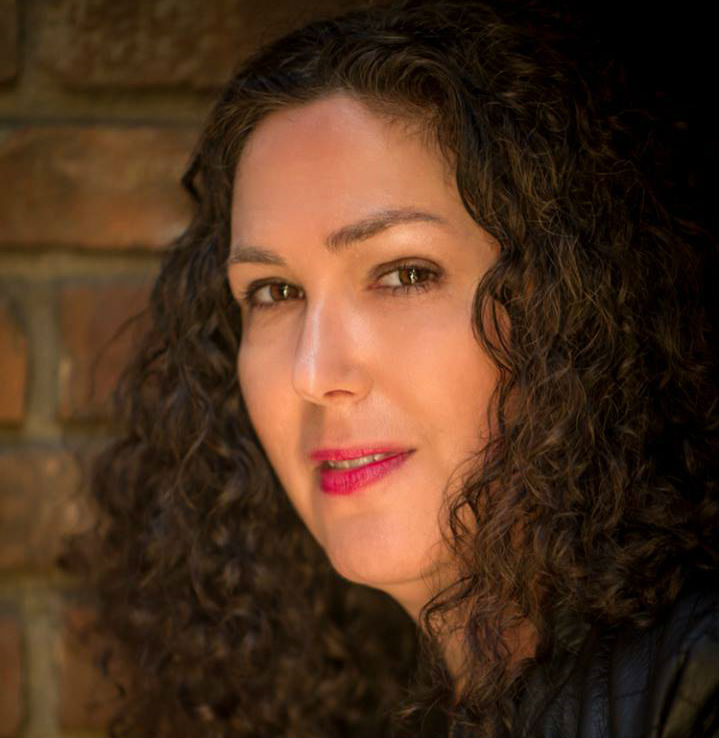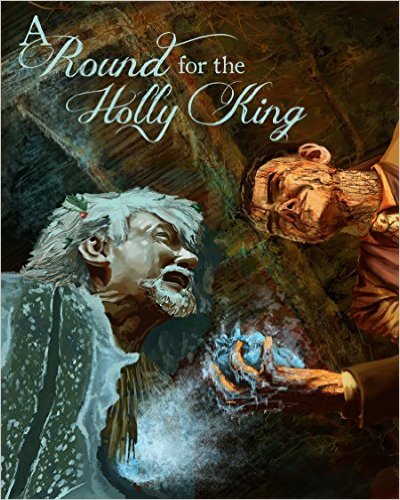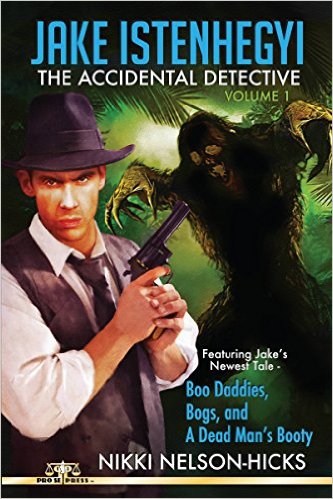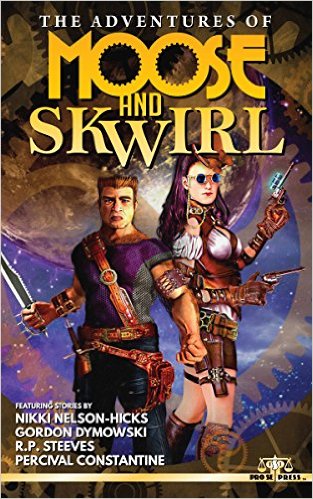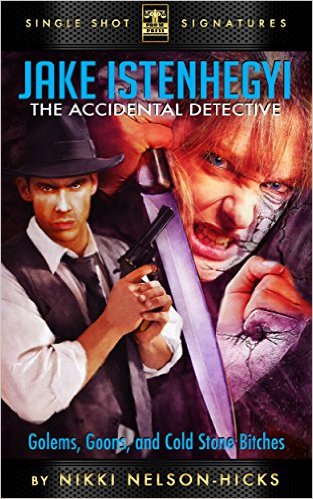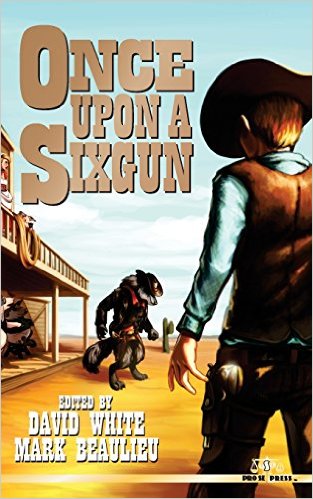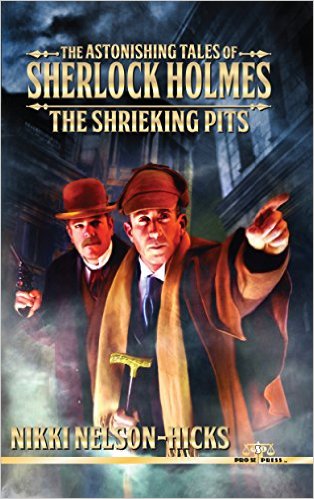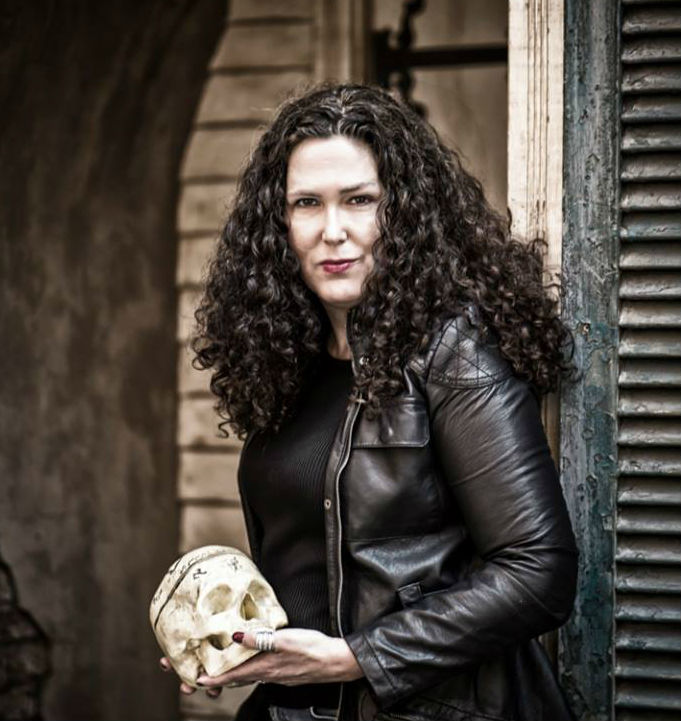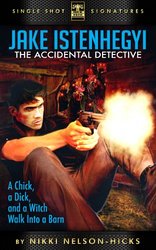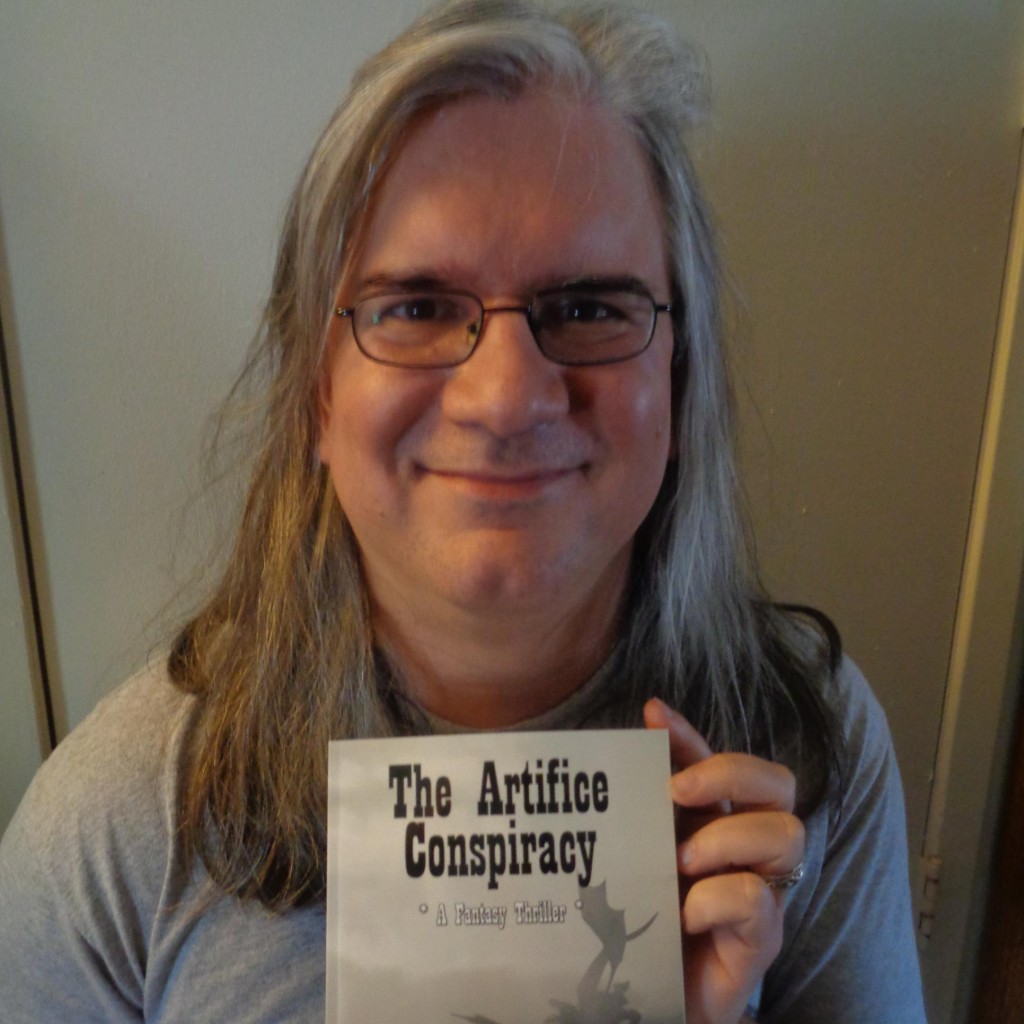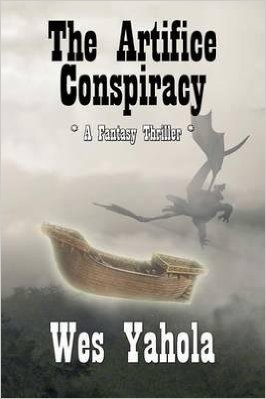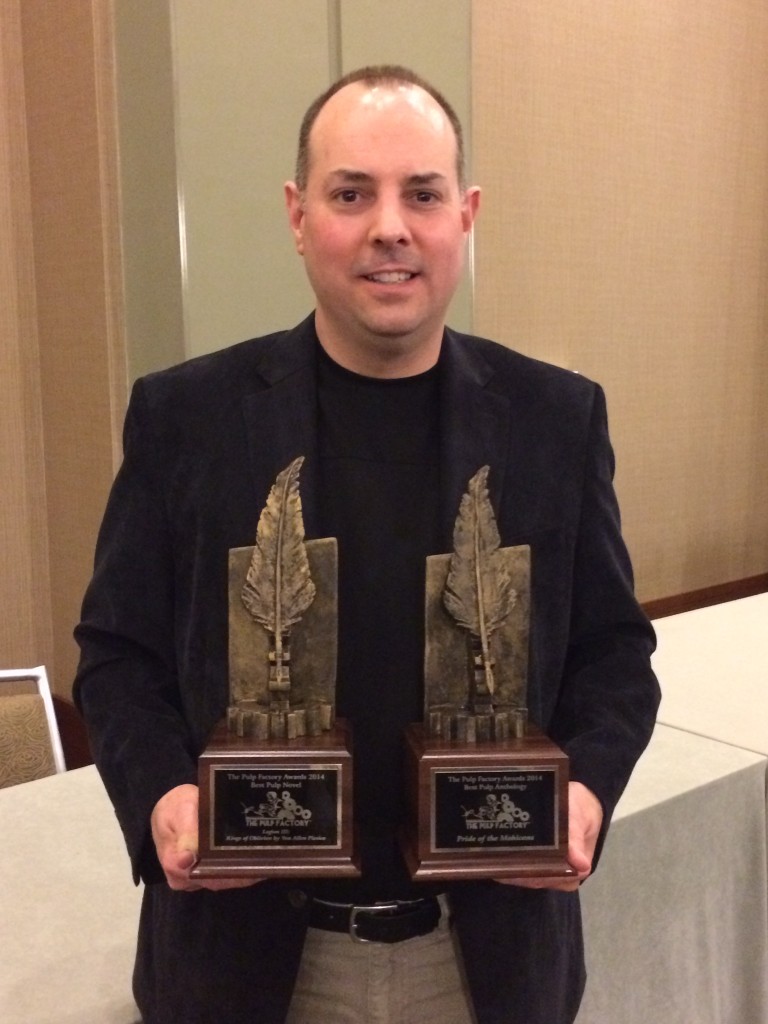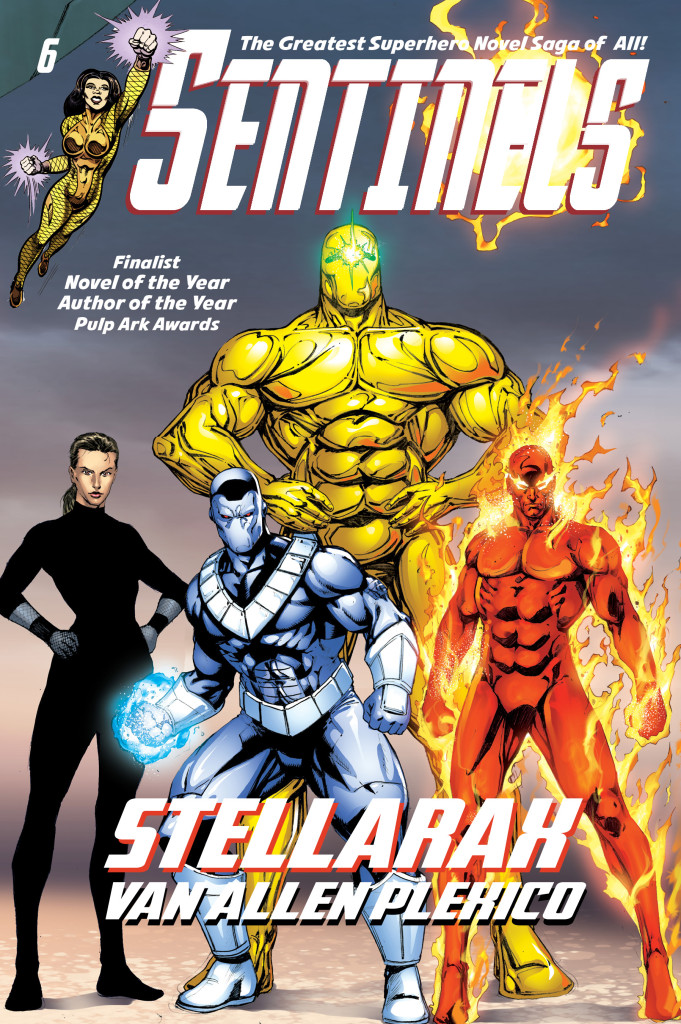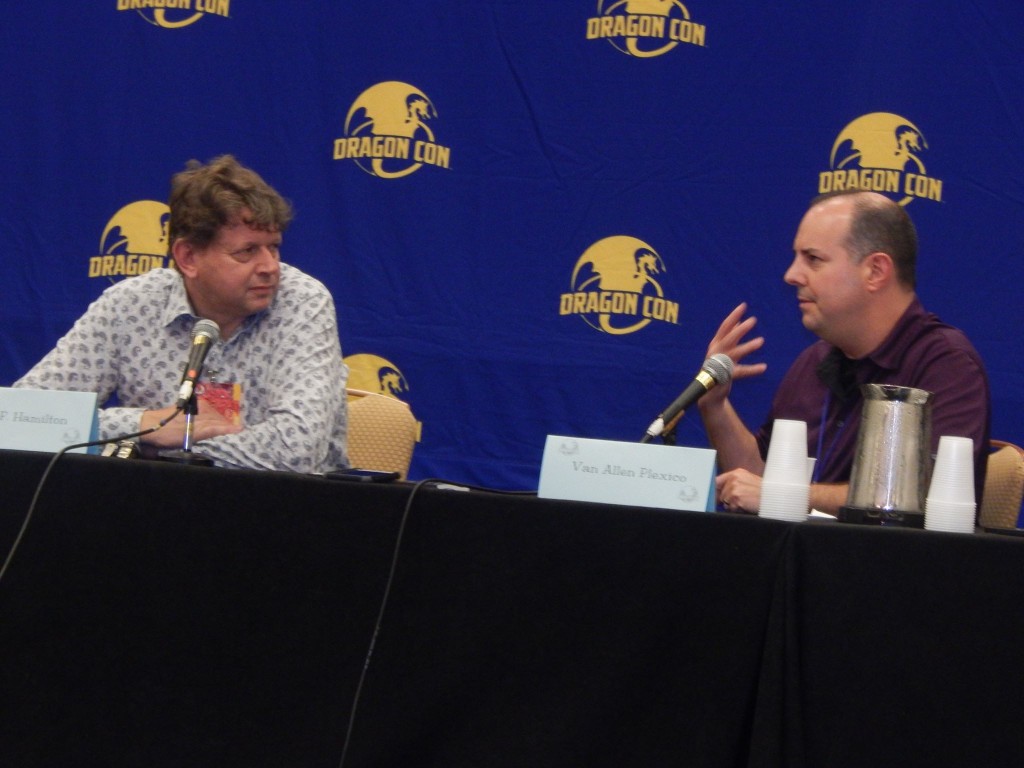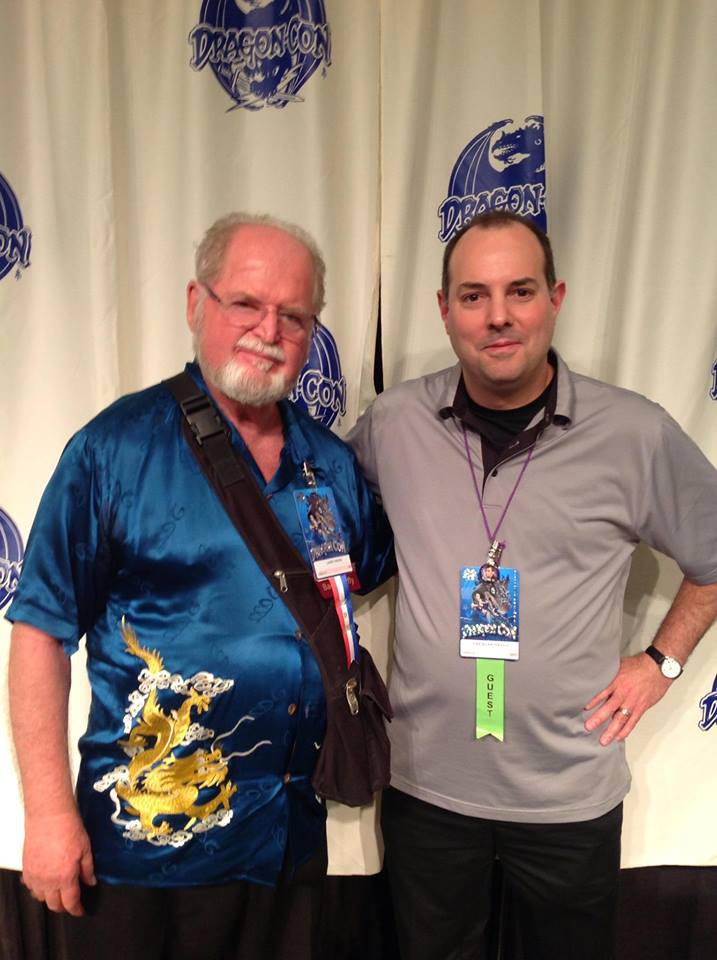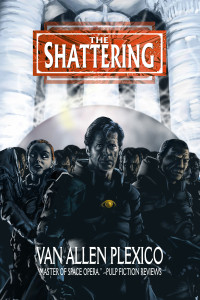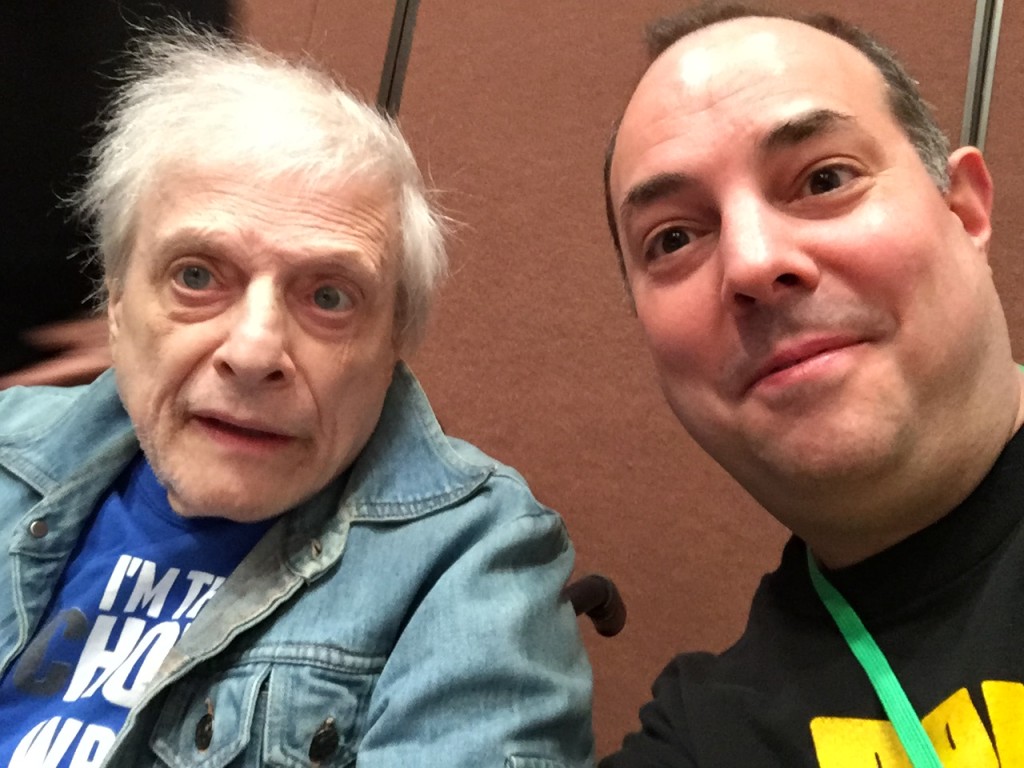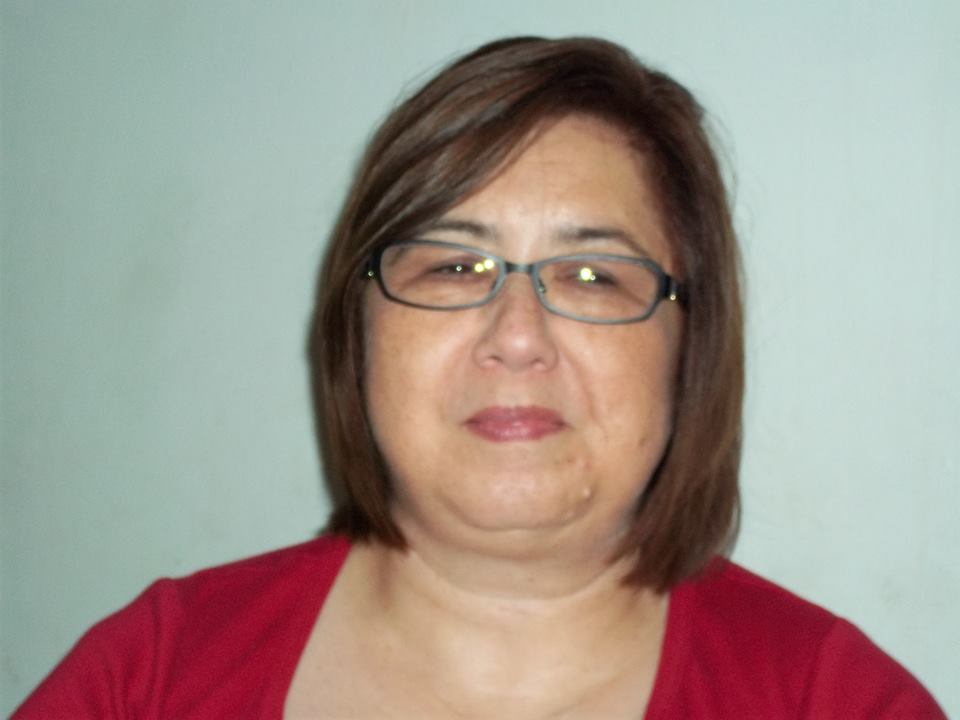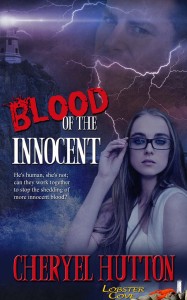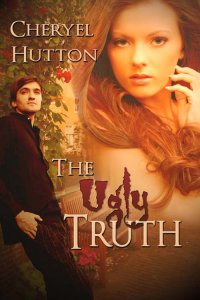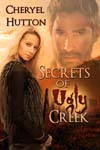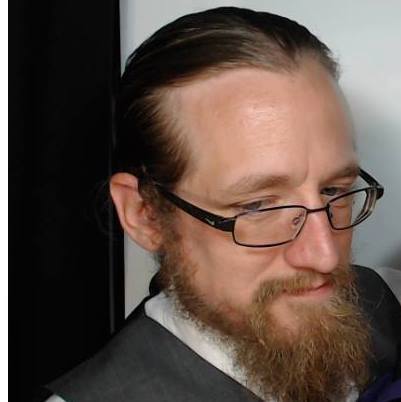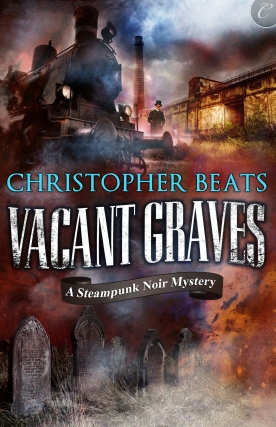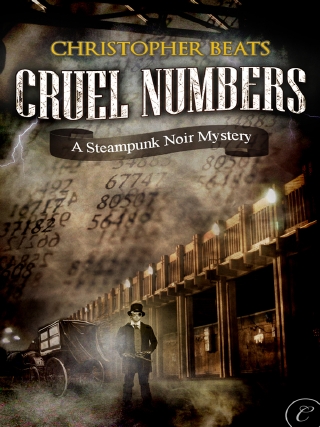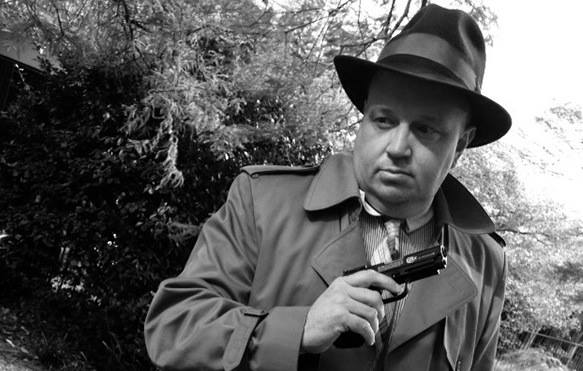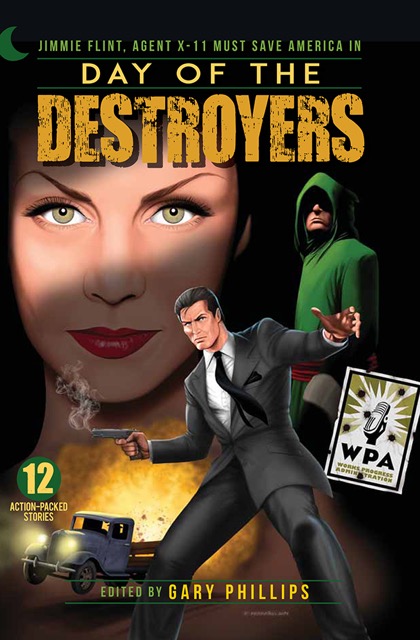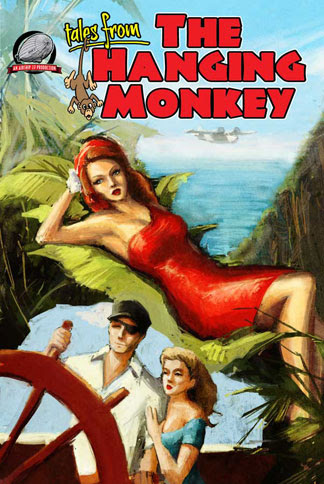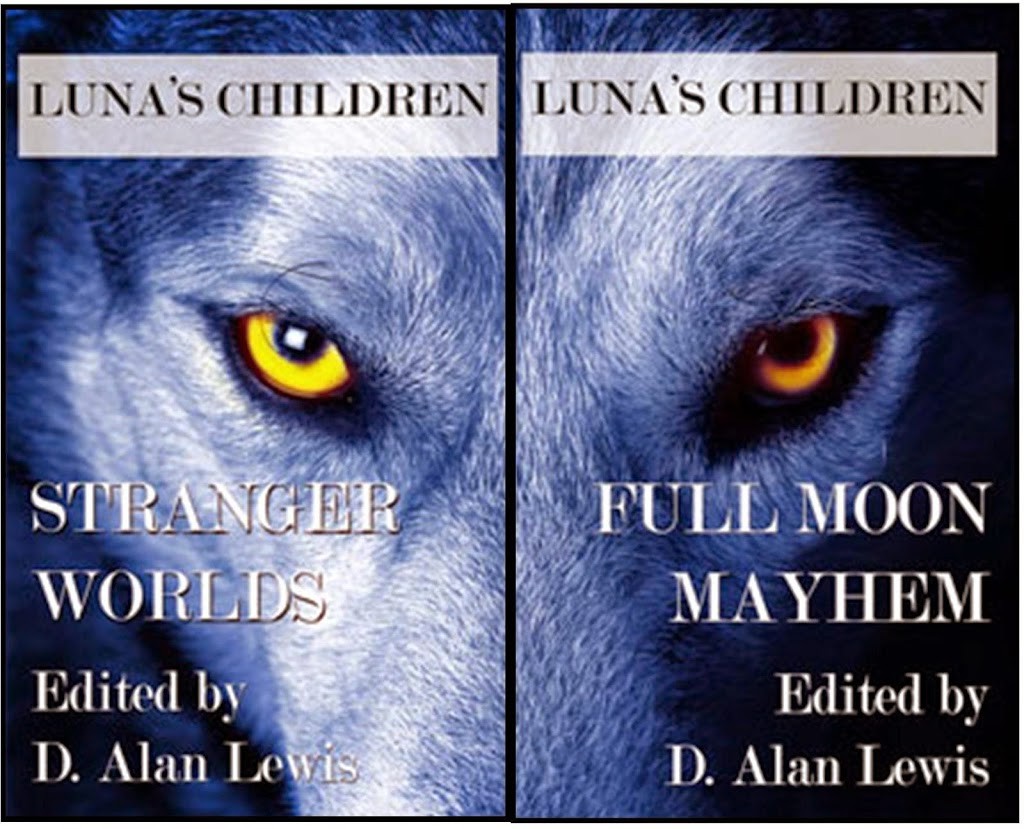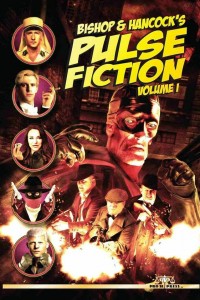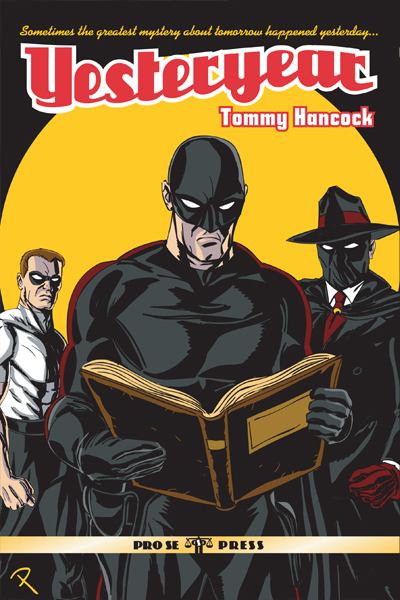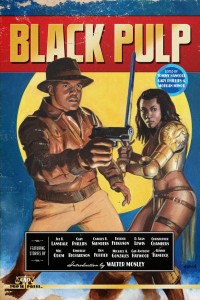This holiday season, I’ve decided to promote some of my writer friends and ask some of the questions that folks ask me. Today’s guest/victim is:
David B. Coe
Aka… D.B. Jackson
First, a little something about David.
David B. Coe, who also writes as D.B. Jackson, wrote his first novel at the age of six. It was called “Jim the Talking Fish,” and it was not really as good as the title makes it sound. David illustrated the story, which did nothing to improve its quality.
And yet, as poor as this first effort might have been, it did mark the beginning of a lifetime passion for dreaming up stories and writing them down so that he might inflict them on others share them with others. Along the way David has dabbled in other professions — he was a political consultant for several years, and he earned a Ph.D. in U.S. history, flirting with the notion of an academic career before wisely thinking better of it.
He began writing full time in 1994, with the love and support of The World’s Best Spouse, and published his first novel in 1997. He is now the award-winning author of more than fifteen novels and a dozen short stories.
His newest project, a contemporary urban fantasy called the Case Files of Justis Fearsson, is to be published by Baen Books. The first book, SPELL BLIND, will be released on January 6, 2015. HIS FATHER’S EYES, the second volume, will be published in the summer of 2015, and a third novel is already in the works.
Writing as D.B. Jackson, he is the author of the Thieftaker Chronicles, a series set in pre-Revolutionary Boston that combines elements of urban fantasy, mystery, and historical fiction. THIEFTAKER, THIEVES’ QUARRY, and A PLUNDER OF SOULS, have already been released, and the fourth volume, DEAD MAN’S REACH will appear in July 2015.
David’s early books include the LonTobyn Chronicle, a trilogy that received the Crawford Fantasy Award as the best work by a new author in fantasy, as well as the critically acclaimed Winds of the Forelands quintet and Blood of the Southlands trilogy. He has also written the novelization of director Ridley Scott’s movie, ROBIN HOOD, starring Russell Crowe. David’s books have been translated into a dozen languages.
David received his undergraduate degree from Brown University and his Master’s and Ph.D. in U.S. history from Stanford University. He co-founded and regularly contributes to the Magical Words group blog (http://magicalwords.net), a site devoted to discussions of the craft and business of writing fantasy, and is co-author of HOW TO WRITE MAGICAL WORDS: A WRITER’S COMPANION.
He is still married to The World’s Best Spouse. They have two daughters and live in a small college town on the Cumberland Plateau.
At what age did you start writing or know that you wanted to write?
I wrote my first books when I was six years old. Seriously. I learned to read and then immediately started writing stories. My first was called “Jim, the Talking Fish.” It wasn’t very good. I illustrated it myself, and that made it worse. But that was the first. All through elementary school, writing stories was my favorite thing to do. So I knew from early on that I’d wind up a writer.
Where do your ideas come from?
I steal them from other people. That’s normal, right?
My story ideas come from all over the place. Things I read, places I go, music I hear — literally anything can spark a story idea. Robert Frost said that “An idea is a feat of association,” and I find that’s true for me as well. It’s not so much the single notion that inspires me, but instead the juxtaposition of different thoughts brought together in an unexpected way. We imagine things that aren’t immediately obvious, we ask ourselves “What if . . . ?” and we’re off to the races.
Do you base your characters on people you know or know of? Family or celebrities?
Actually, no. I tend to do this as little as possible, and here’s why: I’ve found that when I do use real life people as models for characters, it keeps those characters from developing naturally. I allow that person I know to inform my writing too much and so when that character starts to do the unexpected, starts to take on some agency for his/her actions, I resist, thinking “Well, but so-and-so wouldn’t do that . . .” On the other hand, when I create characters entirely from my imagination, without basing them on actual people, they grow more organically and I give them the freedom they need to become active components of my story.
Do you plot out your stories or just make it up as you go?
It’s interesting you should ask me this right now. Usually, I’m a pretty dedicated plotter. My epic fantasies have a lot of plot threads that I need to coordinate with some care. My historical fantasies (the Thieftaker Chronicles, written under the D.B. Jackson pseudonym) blend fictional mysteries with real world historical time lines. My new urban fantasy series (The Case Files of Justis Fearsson, written under my own name) also have mystery elements and demand a good deal of planning. So all the work I’ve done to date has been stuff that I’v needed to plot.
But, I’m currently writing a new epic fantasy, and I had very little sense of where the story was going. So I finally just decided to wing it. To write without an outline. Like a crazy person. At this point — I’m 70,000 words in — I like the story as it’s developed, and I’m having a blast discovering my narrative as I go along. Who knows? This could be a new trend for me.
Do you listen to music while you write and if so, what do you listen too?
I do. I know that some people can’t listen to anything at all — they find any sort of music terribly distracting. And I know other people who can listen to anything at all, even music with lyrics, and it doesn’t bother them one bit. I fall somewhere in the middle. I love listening to music, but only certain kinds. It has to be instrumental. Lyrics mess me up. And I write best when the music has a strong improvisational element — Classical music tends to constrain my creativity. So I listen to a lot of jazz (Miles Davis, Roy Hargrove, Pat Metheny, Larry Carlton, Nicholas Payton) and instrumental bluegrass (Béla Fleck, Jerry Douglas, Chris Thile, Tony Rice, Alison Brown, David Grisman).
Which of your stories/books/works do you consider the best?
That’s a really hard question. On the one hand, like most authors, I consider my most recent books my best. I’m incredibly proud of all the Thieftaker novels (Tor Books) and I love the Fearsson novels I’m writing now for Baen. The books of both series are lean and compelling and include some of the best character work and sharpest prose I’ve ever written. But I also really love my Winds of the Forelands books, a five-book epic fantasy I wrote for Tor about a decade ago. That’s one of the reasons I’m going back to epic fantasy now. I miss the complexity and sweep of those stories.
How much do you write each day/week?
I tend to work slowly when I start a novel — writing the first page can take me an entire day; the first chapter can be a week or two in the making. But once I get some momentum built up, I average about 2,500 words a day, 12,500 words per week. (I try not to work too much on weekends, unless I’m behind on a deadline.) For those not familiar with word counts, that’s ten manuscript pages a day, or fifty per week. I didn’t used to write at that pace, but I’ve built up to it over the years.
What is your latest project/release?
My next original release (as opposed to a paperback reissue) is SHADOW’S BLADE, the third book in The Case Files of Justis Fearsson (Baen Books). It comes out in May 2016. This is a contemporary urban fantasy set in Phoenix. My lead character is a private detective, an ex-cop, and a weremyste. Every month, on the full moon, his magic gets stronger and he temporarily loses his mind. These moon phasings are slowly driving him insane, as they did his father. The first two books in the series are SPELL BLIND and HIS FATHER’S EYES, and both are available from all booksellers.
If you could live the life of one of your characters, who would it be?
Have you read my books? Do you know what kind of shit I dump on my characters page after page, story after story? I would never, ever, ever want to be any of them.
Do you prefer writing short stories or novels? And why?
When I started out, I wrote only novels. I didn’t really understand how to approach short stories. I thought I could only “write to a certain length,” which came out to, like, 200,000 words. My first short story sale was actually a background piece for my Winds of the Forelands series. Everything I did was geared toward the novels.
But that changed several years ago. I forced myself to write shorter pieces because — and I honestly believe this — writing short stories is harder and demands more skill than writing novels. As soon as I started writing the shorter pieces, forcing myself to tell complete, satisfying stories in 6,000 words, all of my writing improved. That leanness I mentioned earlier, which I see in my latest work, is, I believe, an outgrowth of my increasing commitment to writing short fiction as well as novel length stuff. I’ve learned to do more with less, and that is all to the good. So, at this point I really have no preference; I love writing in both forms.
Is Writer’s Block ever a problem for you? If so, how do you deal with it.
Okay, so here is my Writer’s Block Rant. I don’t believe in Writer’s Block. I don’t think it exists, and I think it’s a really foolish concept. Harsh, I know, but bear with me. The problem with the very idea of Writer’s Block is that it pre-supposes writing should be easy. It assumes that writing should always flow smoothly, that finding the correct word ought to be as easy as typing it, that stories never get stuck or turn onto narrative cul-de-sacs. It assumes our characters always behave rationally and answer to our every creative whim, and our settings simply present themselves to us, fully formed and easily described. All of which, of course, is horse crap. Writing is hard. Writing tears at our souls. Writing torments us. Writing is fits and starts, it’s days spent staring at a blank screen getting nothing done. That’s as much a part of the creative process as those rare golden days when everything DOES flow like mountain water. And so what people call Writer’s Block, I call writing. End of Rant.
What 3 things do you feel every aspiring writer should know?
Well, they should begin by memorizing my rant on Writer’s Block . . .
Seriously, they should understand that writing is hard work, that it doesn’t necessarily pay well, and that career paths are rarely linear or uninterrupted ascents to fame and fortune. This is a difficult, at times soul-crushing business. Aspiring writers should know, first and foremost, that they’re writing for the right reason: because they love the story, the characters, the creative process. If they’re doing it because they think it’s easy money, or just something they can do in a half-assed way, they need to think again.
Second, they should know that writing to the market is a bad idea. The market is a moving target. There is absolutely no guarantee that what’s popular when you start a novel will still be popular when that novel is completed and edited and ready for release. The aspiring writer should write the story s/he loves, the story that’s burning a hole in her/his chest trying to get free. If s/he loves what s/he writes, that passion will come through in the prose and storytelling. In other words, write the best story possible, and the market side of things will take care of itself.
Third, there is no such thing as a perfect novel. Everything that has ever been published has some flaw in it. If a writer edits and polishes and works and works and works trying to make that novel utterly flawless, s/he will spend an entire lifetime on that one project and will never send it out for publication. Which isn’t much of a career. Make the book as good as it can be, and then submit it. Publishers understand that books rarely cross their desks as perfect finished novels. That’s what editors are for. Write it, have people read it, revise and polish, and then send it out and get to work on the next thing. That’s how one builds a career.
Thanks David. To find more about him, click below:

